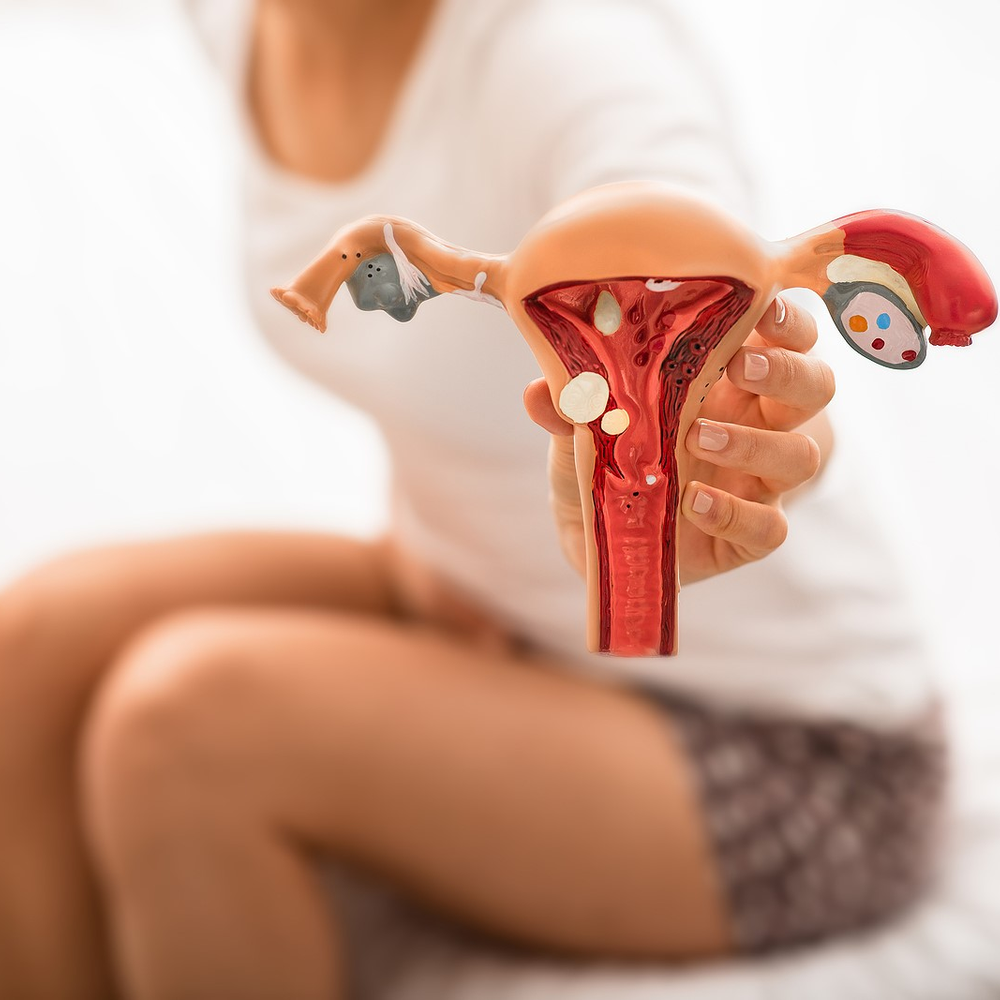I. Introduction
The female body is like an orchestra — each instrument must play at the right time and rhythm to create harmony. The silent conductor of this orchestra is hormones. They are invisible, untouchable, yet they guide a woman through every moment of life — in physical health, emotions, and even decision-making. Unfortunately, when this "orchestra" falls out of tune, women themselves often don’t understand what’s happening, and society labels this dissonance as mere "moodiness"…
II. Biological and Academic Perspective
The hormonal system is a network of chemical messengers secreted by the body’s endocrine glands. In women, this system is more delicate and flexible. The main hormones include:
-
Estrogen – Known as the “female hormone,” produced by the ovaries, it affects everything from skin radiance to emotional stability.
-
Progesterone – Plays a key role in menstruation and pregnancy.
-
Testosterone – Present in women too; essential for energy, libido, and muscle tone.
-
Thyroid hormones – Regulate metabolism.
-
Cortisol – The stress hormone; chronic elevation can damage health.
-
Insulin – Manages sugar metabolism and is closely linked to hormonal imbalances.
A fact from research:
According to a Harvard University study, 70% of women experiencing PMS face significant difficulties in daily life, but only 25% of them seek medical help.
III. Social and Psychological Perspective
Hormonal fluctuations can cause mood swings, anxiety, crying spells, sensitivity, and even depression in women. Yet society often labels these as “moodiness,” “an irritable woman,” or “always complaining.” This increases the emotional burden on women and reduces their likelihood of seeking help.
Women often hold back from expressing what they feel:
“What if they think I’m exaggerating again…”
But let’s remember: these changes are based on chemical and biological processes. Empathy is a responsibility of society.
IV. Social and Cultural Influences
In many parts of the world, hormonal topics are still taboo. In some countries, even talking about menstruation is considered shameful. This reduces women’s ability to understand their own bodies and take control of their health.
In Northern Europe, educational programs on hormonal balance begin at school age.
In Eastern cultures, girls are often raised with the idea that they should just "be patient."
These cultural differences hinder timely identification and proper treatment of hormonal problems.
V. Health and Self-Awareness
Hormonal balance is maintained not only through medication but also through lifestyle choices. What helps:
-
Nutrition: Avocados, nuts, broccoli, leafy greens
-
Sleep: 7–8 hours of deep sleep per night is essential for hormonal regulation
-
Exercise: Gentle physical activity supports natural hormonal balance
-
Stress management: Meditation, breathing exercises, contact with nature
-
Phytotherapy:
Natural herbs can also support hormones — for example, vitex (agnus castus), ashwagandha, rosehip tea, etc.
But always consult a doctor first.
VI. Conclusion and Call to Action
The hormonal system is invisible, but it governs every moment of a woman’s life. Understanding it, respecting it, and listening to it is not only a woman’s responsibility — it is a responsibility of society and medicine as well.
Call to Action:
Dear woman, your body is speaking — listen to it.
See every feeling and every change not as a "flaw," but as a "signal."
Dear society, hear the voice of the woman — it is not weakness, nor whim — it is a biological truth.

